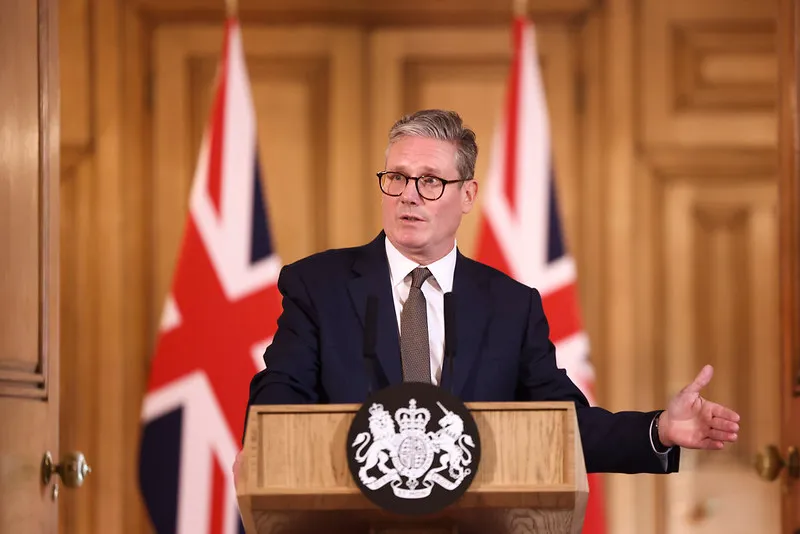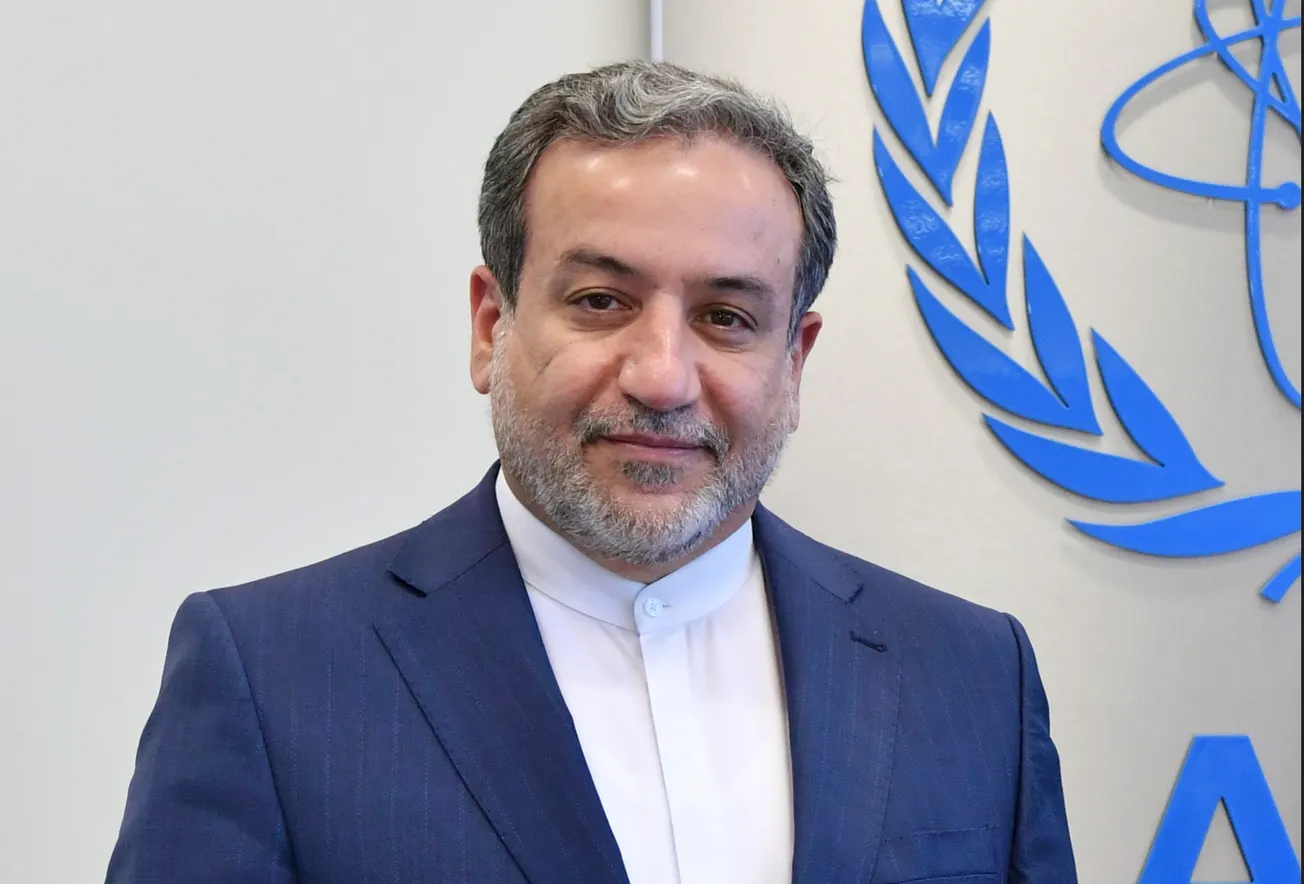In the wake of the Trump-Putin phone call and the Feb. 18 Riyadh meeting between top U.S. and Russian officials, Atlanticist policymakers and publicists are displaying a level of discomposure bordering on dissociation.
Take the case of the venerable The Economist magazine of London, which published a Feb. 18 article headlined ["How Vladimir Putin Plans To Play Donald Trump."](https://www.economist.com/europe/2025/02/18/how-vladimir-putin-plans-to-play-donald-trump], which argues: “Like a poker player, Mr. Putin excels in projecting confidence and strength. In reality, though, his cards are not as strong as he would like his opponents to believe.” The article then runs through the familiar litany about the collapsing Russian army ("the attrition of equipment is jaw-dropping"), the collapsing Russian economy, etc., to conclude quoting an unnamed American official: “We are finally getting Putin into the position where we wanted him to be for three years. It would be a terrible shame if we allow him to snatch victory from the teeth of defeat.”
Financial Times saw fit to publish a commentary by their entire Editorial Board, demanding that the British reenact the Charge of the Light Brigade. “Britain’s Prime Minister Sir Keir Starmer boldly said he was ready to send troops to Ukraine to guarantee peace post-ceasefire if the U.S. provided back-up,” the Editors wrote encouragingly, and then instructed Europe that “its future security will be decided in Ukraine so its first duty is to step up military aid to Kyiv by funding Ukrainian weapons production, pouring resources into drone and anti-drone technology, subsidizing expanded production capacity and signing long-term contracts to replace U.S.-supplied kit such as air defenses and long-range strikes. It could use its sanctions regime to access and influence negotiations.” If that’s not enough, Europe could try options ranging from “enforcing a no-fly zone to potentially sending troops as a ‘reassurance force.’” All of this with the adoption of a full-fledged Schachtian military economy: “A multilateral defense bank could also help governments and defense manufacturers.”
FT’s editors then added, almost as an afterthought: “Putting boots on the ground in sufficient quantity would be a huge endeavor. It may prove impossible without U.S. support”—which, of course, is not going to happen.
Or take Foreign Policy magazine, the neo-con mouthpiece founded by Samuel Huntington. A Feb. 18 article by Kishore Mahbubani, a distinguished fellow at the National University of Singapore’s Asia Research Institute, is
headlined “It’s Time for Europe To Do the Unthinkable,”, in which the author confesses from the outset: “Desperate times call for desperate measures. And as my geopolitical gurus taught me, one must always think the unthinkable, as Europe must do now.” His three unthinkable options are: 1) “First, Europe should announce its willingness to quit NATO.… 2) Work out a new grand strategic bargain with Russia … [since] which is Russia’s most fundamental strategic rival, the EU or China? With whom does it have the longest border?... 3) Work out a new strategic compact with China.”
And finally, we take note of the written lament of Richard Haass, president emeritus of the Council on Foreign Relations and director of policy planning under President George W. Bush, in an interview with NPR’s Morning Edition. “Clearly we are moving away from the world with the United States in tandem with its allies—allies of 75, 80 years in many cases would work together in terms of building all sorts of organizations and principles to govern international relations.… We’re moving towards a much less American-centric world.”





